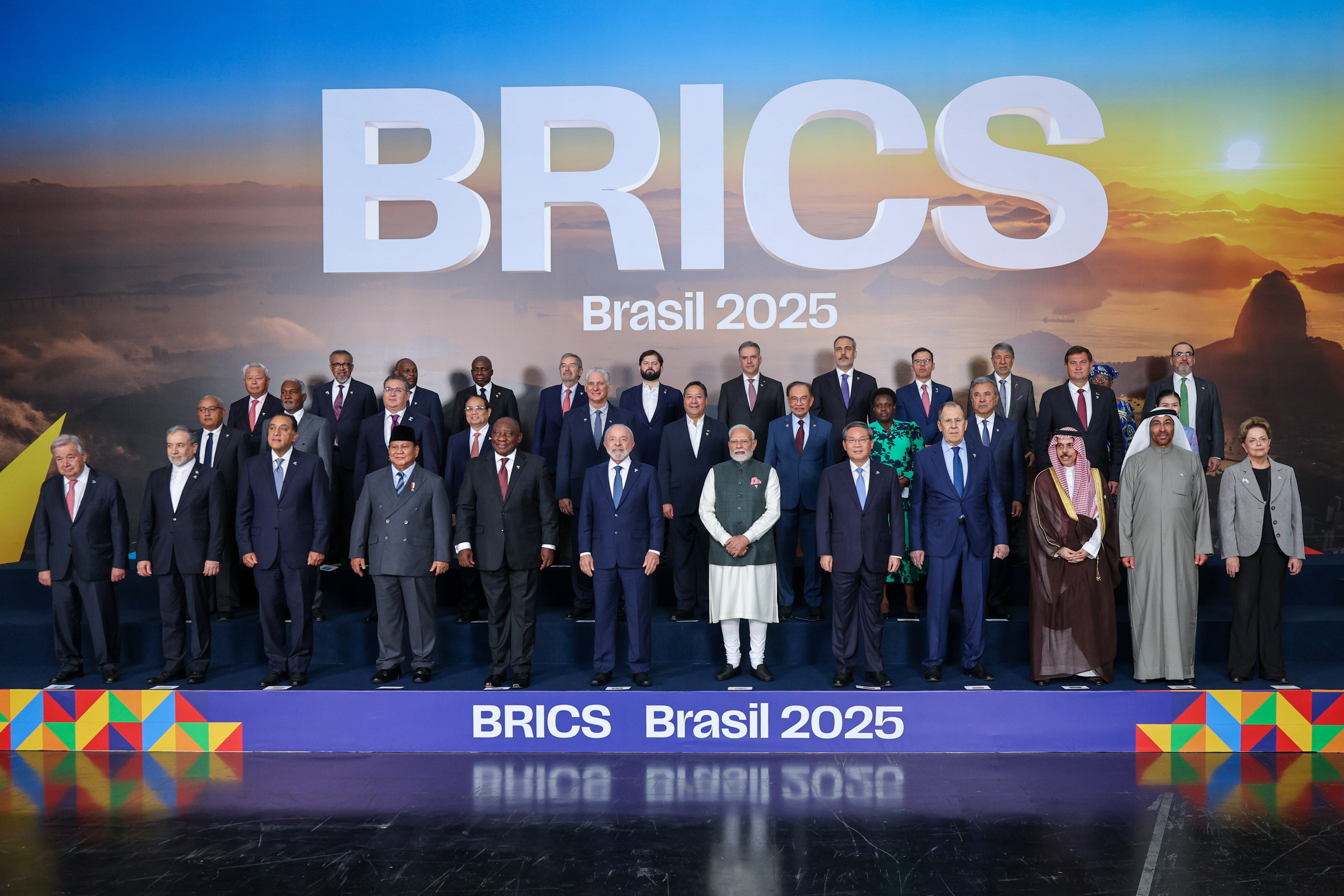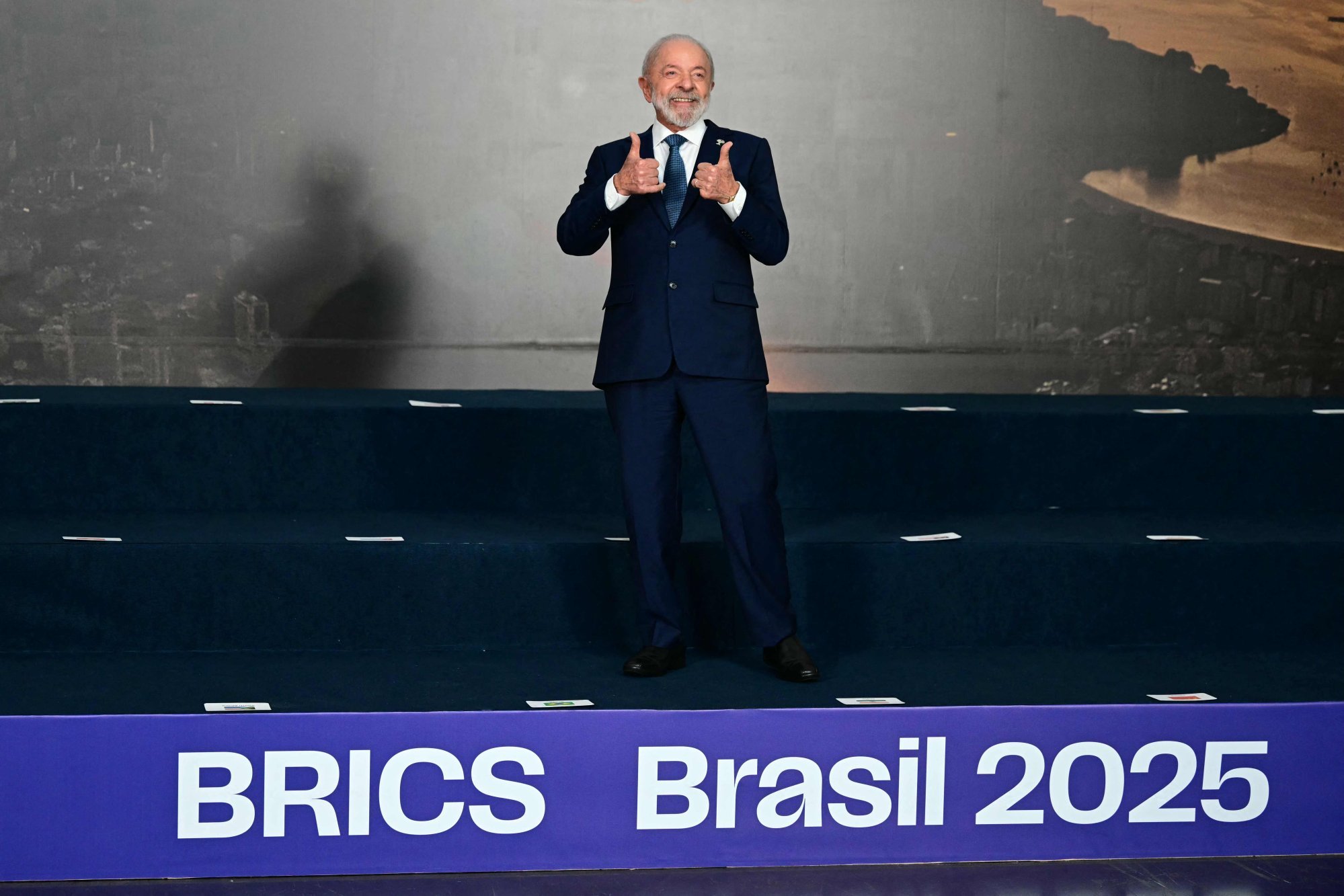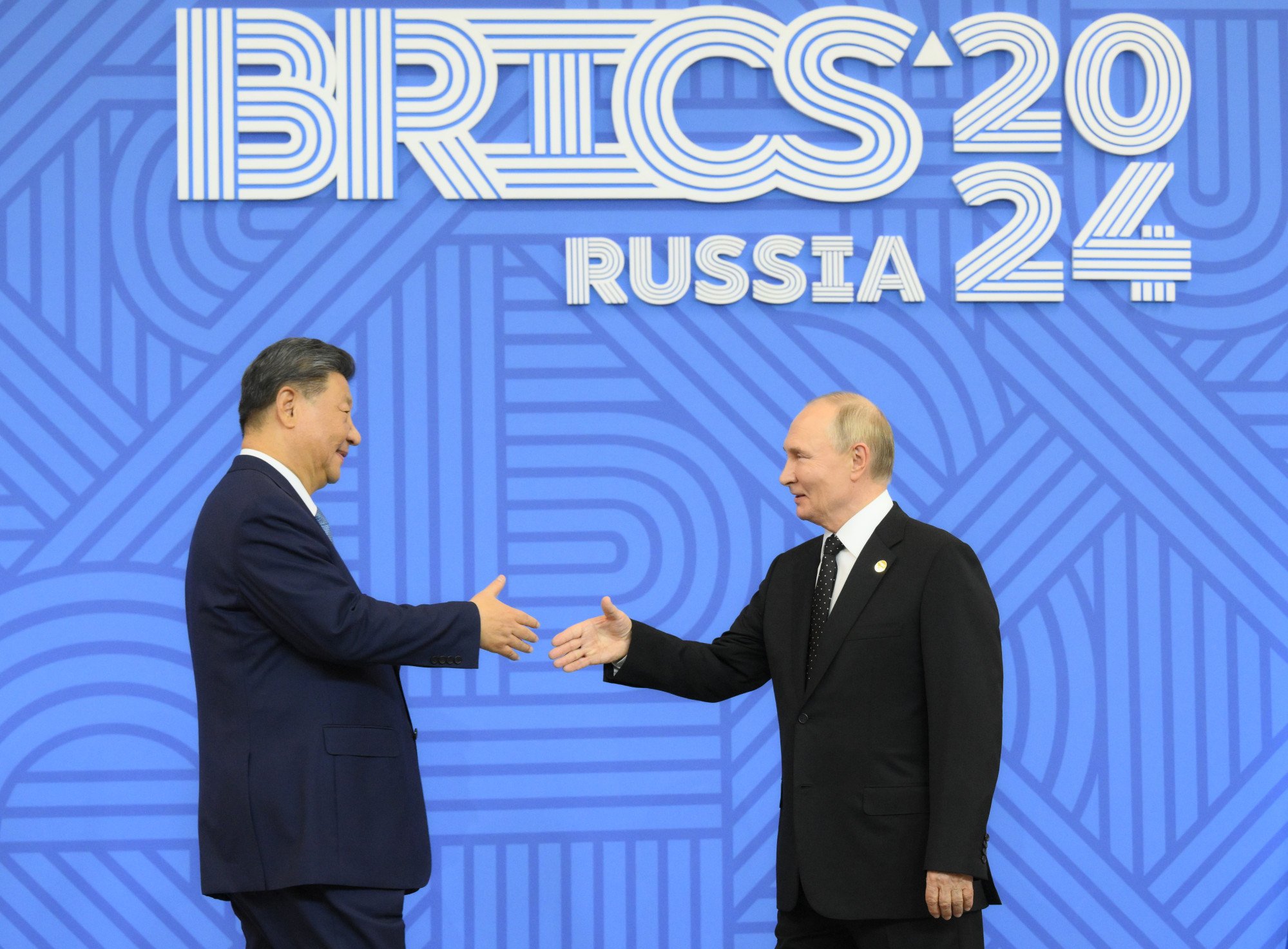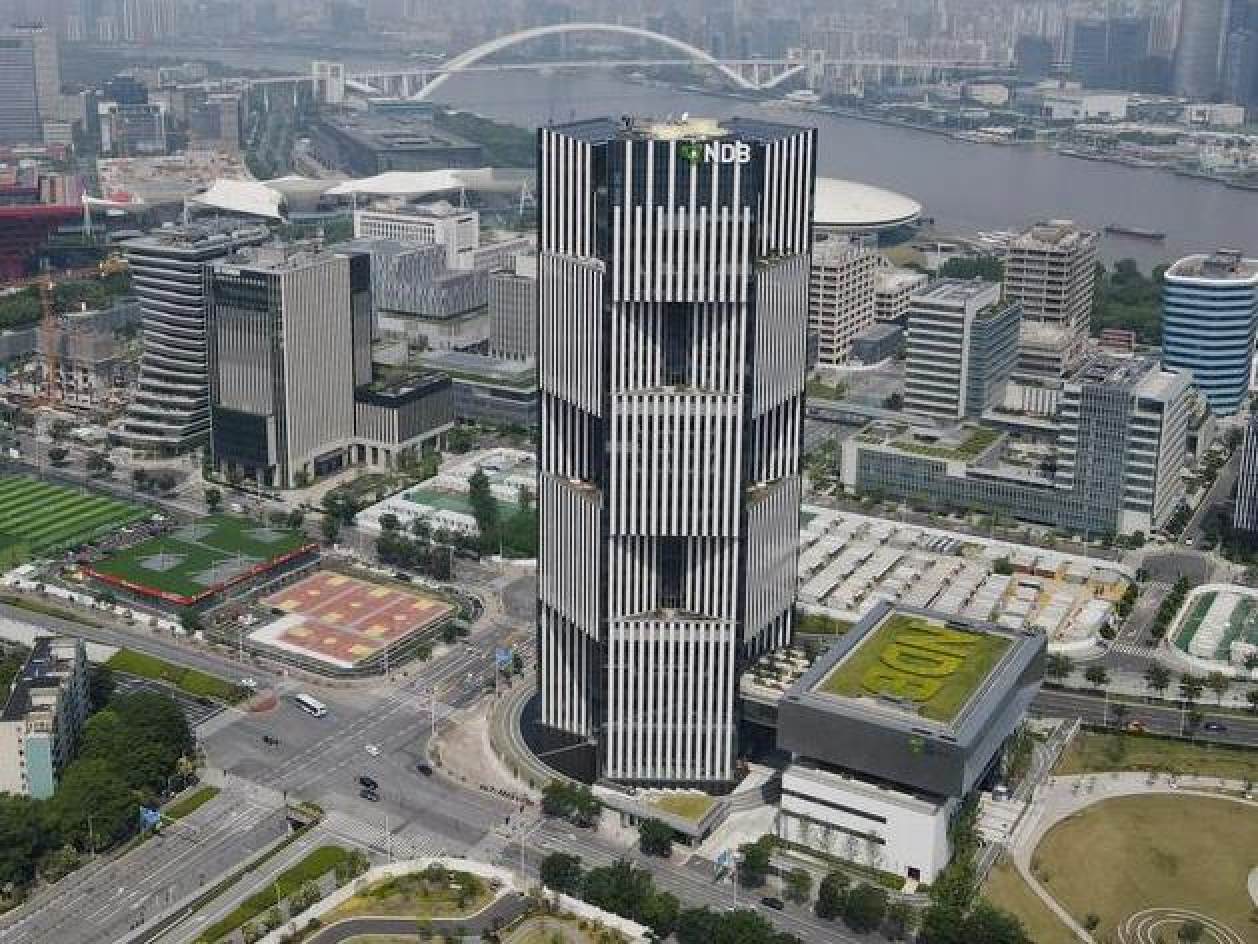The Brics paradox: expanding influence, patchwork progress
It has condemned tariffs and military strikes on Iran, but analysts say Brics’ true test is in moving beyond rhetoric to deliver results

Even as internal divisions and absent leaders hung over proceedings, this week’s Brics summit in Brazil delivered an unmistakable message: the world’s emerging economies are intent on shaping their own destiny, seeking consensus where once there was only Western dominance.
In a joint declaration adopted on Sunday, Brics leaders warned of the threat posed to the global economy by the “indiscriminate” use of tariffs and “proliferation of trade-restrictive actions” – thinly veiled references to US President Donald Trump’s signature trade policy – while also condemning the recent American and Israeli military strikes on Iran.
The 10-member bloc – which includes founders such as China, Russia and India, as well as newer entrants like Iran, Egypt and Indonesia – today represents nearly half the world’s population and accounts for roughly 40 per cent of global economic output.
Conceived two decades ago as a forum for rapidly expanding economies, Brics has evolved into what many now view as a Chinese-led counterweight to the Western order.
The test is whether the grouping agrees on much more than it disagreesSarang Shidore, Quincy Institute Global South programme director
Observers point to Sunday’s joint declaration as evidence that Brics could yet become “an alternative structure to a US-led world order”, cautioning that the group’s growing diversity is also its greatest challenge.
“The test is whether the grouping agrees on much more than it disagrees when it comes to items on its agenda,” said Sarang Shidore, director of the Global South programme at the Quincy Institute, a Washington-based think tank. He said Brazil had shown considerable diplomatic skill in helping to forge consensus on both the bloc’s condemnation of attacks on Iran and the summit’s final communique, even as Brics’ rapid expansion had brought with it internal differences.

One of the bloc’s most delicate compromises emerged in its call for a peaceful two-state solution to the Israel-Palestinian conflict. While Iran has long maintained that Israel should be destroyed, an Iranian diplomatic source quoted by Agence France-Presse said that Tehran’s “reservations” had been relayed to Brazil, but it stopped short of rejecting the joint statement.
To be taken seriously, Brics must move beyond rhetoric, strengthen its internal cohesion and deliver “tangible external impact”, according to Mihaela Papa, principal research scientist at the MIT Centre for International Studies.
“Some leaders were absent or unwilling to attend the summit,” she told This Week in Asia, highlighting persistent divisions over issues such as reform of the UN Security Council and inconsistent mutual support during crises.
Nonetheless, Papa credits the bloc with building consensus on development finance, global health, the climate and artificial intelligence: “areas where the Trump administration’s multilateral engagement has waned”.
“If Brics can step up, its credibility will grow,” she said.

‘A Russo-Chinese duopoly’?
Chinese President Xi Jinping was conspicuous by his absence from this year’s Brics summit – the first he has skipped since taking power more than a decade ago – with Premier Li Qiang attending instead.
Unhandled type: inline-plus-widget {“type”:”inline-plus-widget”}
Russian President Vladimir Putin, facing an International Criminal Court warrant over the 2022 invasion of Ukraine, was also notably absent. As a signatory to the Rome Statute, host nation Brazil would have been obliged to carry out an arrest.
Despite these absences and differences of opinion, Brics’ influence continues to spread.
“Brics is emerging as the most important hook for an alternative structure to the US-led order – not anti-American, but nevertheless engaged in issue areas where the US is increasingly absent,” Shidore said, pointing to development finance, defending the multilateral trading order and expanding access to health and climate solutions.

But the group’s concrete achievements are modest, largely centred on the New Development Bank, which funds infrastructure and sustainable development across the Global South. “A grouping as heterogeneous [as Brics] will need more time and a sharper focus to expand its delivery of solutions in an increasingly fragmented world,” Shidore added.
The creation of a Brics “guarantee fund” to lower financing costs and attract more private capital to key development projects – which is reportedly in the works – would demonstrate “the kind of quick, problem-solving follow-through that many emerging economies increasingly find missing in G7 or Nato processes,” said Jamil Ghani, a doctoral candidate at Singapore’s S. Rajaratnam School of International Studies whose research interests include foreign policy.
Yet calls for more inclusive governance persist. Brazil has urged the New Development Bank to broaden its rotating presidency beyond the five founding Brics members – a move Jamil said would “help dispel the perception of a Russo-Chinese duopoly and make Brics more attractive to Asean partners”.
So as long as Brics pursues de-dollarisation, it will remain on his [Trump’s] radarMihaela Papa, international relations expert
The US is also stepping up the pressure. Earlier this week, Trump threatened that any nation pursuing “anti-American policies” with Brics would face a 10 per cent tariff on exports to the US – the first time an American president has explicitly targeted Brics as a bloc. “So as long as Brics pursues de-dollarisation, it will remain on his radar,” Papa said, referring to the group’s ambition to insulate its economies from Western sanctions and trade wars.
Ghani said Trump’s threat was likely to force newer Brics members such as Indonesia, Egypt and the UAE to weigh the benefits of economic diversification against the risks to US market access.
The likely result, he predicts, will be a patchwork of subgroups within Brics – advancing at different speeds on issues such as e-customs, local-currency settlements and AI standards – rather than a unified front.